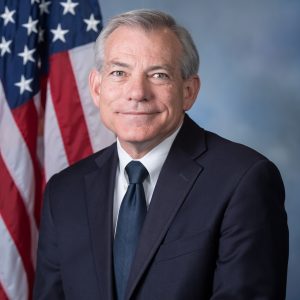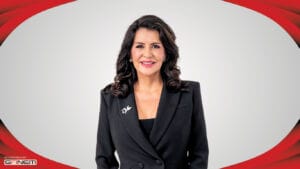In order to get their product or service off the ground, most small companies turn to startup funds in the private sector, where they can sell securities to “accredited investors.”
To obtain accreditation, a person or business entity must meet a certain threshold of income, net worth or asset size. Consequently, the number of Americans who are able to invest privately is severely limited.
Reps. David Schweikert, R-Ariz., and French Hill, R-Ark., introduced the Fair Investment Opportunities for Professional Experts Act (H.R. 4672) to try to alleviate the exclusivity of private-sector investing.

If passed, the bill would expand the definition of “accredited investor” to include Americans with qualifying educational or professional experience.
“Simply put, this legislation would rightfully expand the definition of ‘accredited investor’ to include professional experts, allowing the opportunity for more Americans to invest in ideas early on based on their knowledge and suitability rather than their wealth,” Schweikert said in a statement. “The current financial parameters on investors we have are based solely on wealth, excluding individuals who have the experiences necessary to be provided access to suitable investments. I thank my colleague, Representative French Hill, for his continued support and I hope this common-sense legislation can swiftly pass the House.”
Currently, an accredited investor includes anyone who has earned income exceeding $200,000 (or $300,000 in a household) in each of the two prior years and anticipates making a similar income in the current year; or anyone with a net worth over $1 million.
The Fair Investment Opportunities for Professional Experts Act would expand the definition of an accredited investor to include those who hold a recognized federal or state securities-related license, as well as those who have demonstrable professional knowledge in a security administered by the Financial Industry Regulatory Authority (FINRA), the Securities and Exchange Commission (SEC) or a state-level equivalent.
“Expanding the definition of accredited investor is great for both businesses and investors,” Schweikert said. “Many private security offerings are restricted to accredited investors because of the high risk nature of these offerings. Expanding the definition allows more hard-working Americans with sophisticated professional experience to be included in otherwise restricted investment opportunities, and that is a key economic growth driver.”
Versions of the Fair Investment Opportunities for Professional Experts Act passed the House of Representatives with extensive bipartisan support in the past two Congresses. The bill passed the House in 2016 with a vote of 347 to 8. It passed the House by voice vote under suspension in 2017.
Schweikert and Hill said they hope the bill will receive widespread support again this Congress.
This story was originally published at Chamber Business News.




